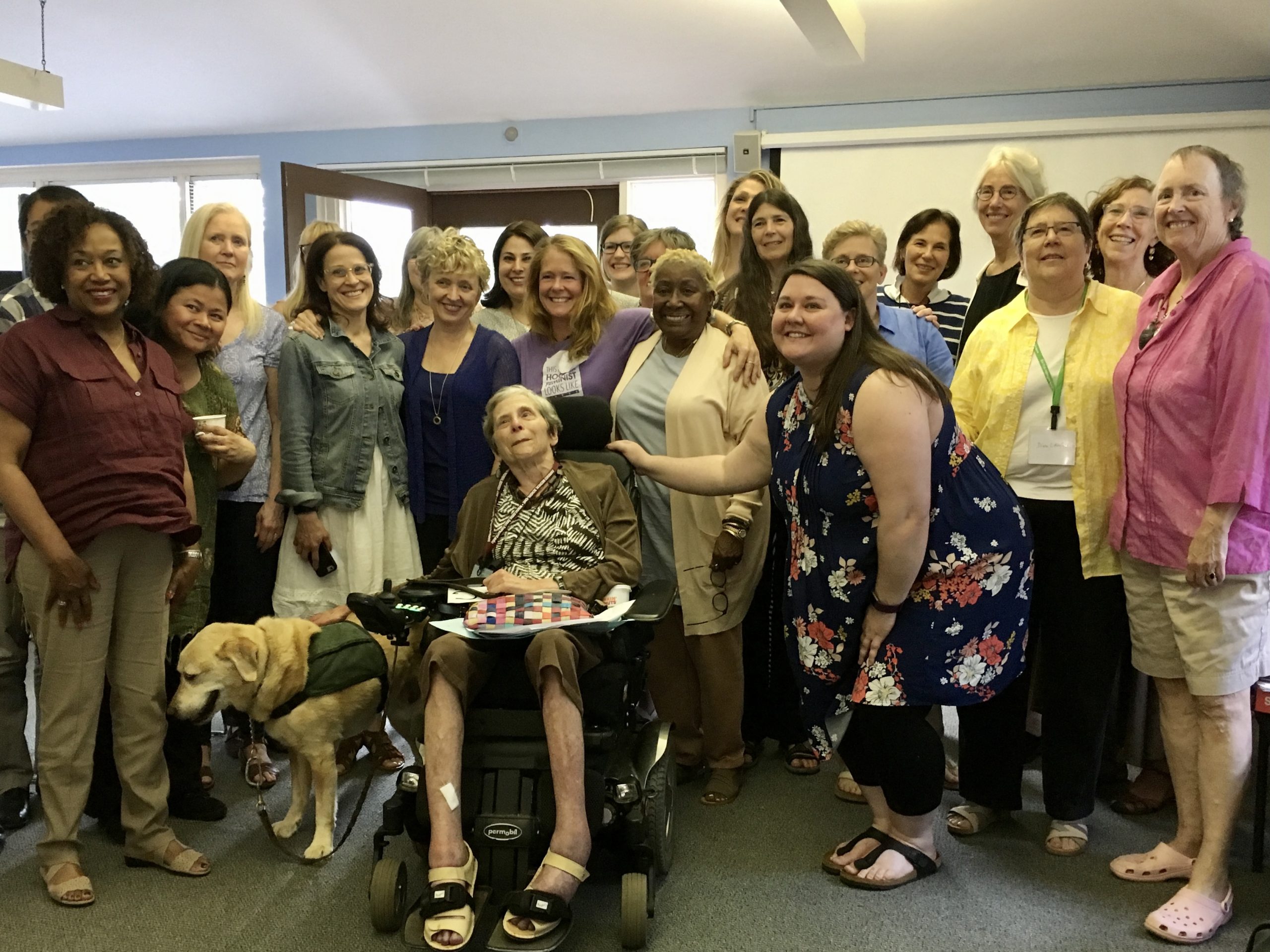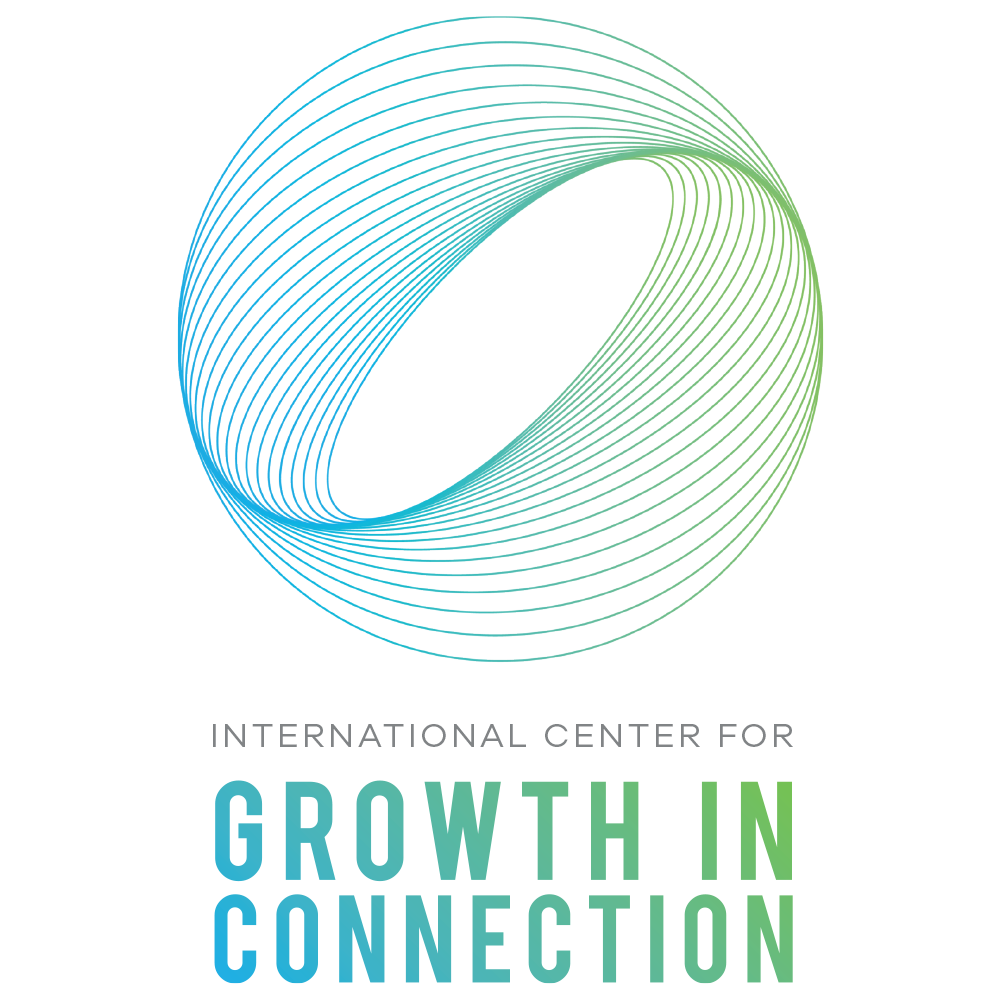Our Work

What Is ICGC?
The International Center for Growth in Connection (ICGC) is a national non-profit think and action tank, passionate about fostering authentic connection across difference. We are home to Relational-Cultural Theory, singled out by the American Psychological Association (APA) as one of the ten most important theories in the field of human development today. As a convener and thought-leader, we strive to lead a national conversation about how to create a more relational world.
In a time when American culture is saturated with values stemming from hyper-individualism, the primary messaging we receive encourages us to individuate in every sphere of our lives. Alas, this prioritization of the individual ego above everything else, has led to widespread isolation, disconnection, dysfunction, and depression. At ICGC, we acknowledge the inherent danger in this message and seek to replace it with the recognition that true progress lies in the power of our connections to one another and our environment. We see ourselves as a crucial part of an emerging movement to promote the message that relationships are at the core of human development and wellbeing, and that we grow through and toward connection throughout our lives.
Our work at ICGC builds on four decades of research and practice spearheaded by the psychiatrist, Jean Baker Miller. Dr. Miller’s groundbreaking book Toward a New Psychology of Women first introduced Relational-Cultural Theory to the world. Dr. Miller’s insights—and those of her co-founders—grew out of 1970s feminism and forever shifted the conventional wisdom about how people grow and mature throughout a lifetime.
At ICGC, we see ourselves as a “mother ship” of sorts, a gathering place for those who hold a relational perspective and a source for growing the work of Relational-Cultural Theory more intentionally. We aspire to amplify this work and optimize its impact through our core competencies:

Provide national and international thought-leadership through publications, speeches, conference presentations, opinion editorials, and articles for traditional and social media

Convene and provide guidance to the growing body of researchers and practitioners around the world who are embracing Relational-Cultural Theory in their own work

Develop robust curricula that can be taught and then adapted by others who bring Relational-Cultural Theory into the world with fidelity

Provide clinical supervision

Teach courses and workshops in secondary and post-secondary education

Consult to non-profit and governmental organizations

Offer fellowships to grow the body of work and award prizes to incent relational ways of being

Facilitate community conversations

Collaborate with robust network of partners and close allies

Affinity groups for like-minded professionals

